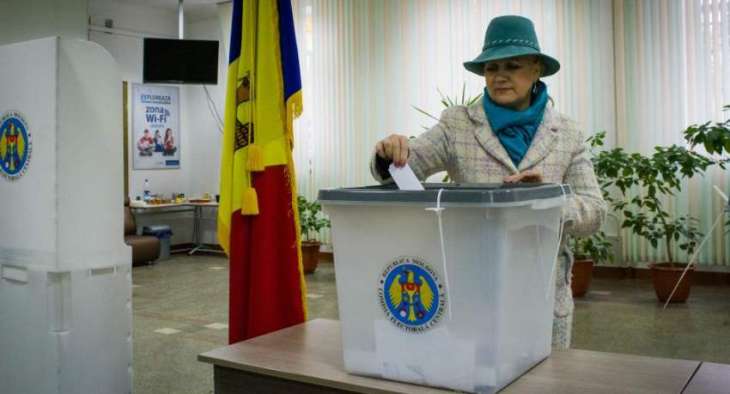International observers from the Organization for Security and Co-operation in Europe (OSCE) saw "intolerant rhetoric" during the second round of the presidential election in Moldova, saying it had a polarizing effect on society, Corien Jonker, the head of the limited election observation mission from the OSCE Office for Democratic Institutions and Human Rights (ODIHR), said on Monday
CHISINAU (Pakistan Point News / Sputnik - 16th November, 2020) International observers from the Organization for Security and Co-operation in Europe (OSCE) saw "intolerant rhetoric" during the second round of the presidential election in Moldova, saying it had a polarizing effect on society, Corien Jonker, the head of the limited election observation mission from the OSCE Office for Democratic Institutions and Human Rights (ODIHR), said on Monday.
On Sunday, the second round of the presidential elections was held in Moldova, in which the citizens elected the head of state for the next four years. The contenders in the runoff were incumbent President Igor Dodon, who was running for a second term, and Maia Sandu, the ex-prime minister. According to the Central Election Commission data, after 100 percent of the protocols have been processed, Sandu is leading with 57.75 percent of votes and Dodon scored 42.25 percent.
"We saw the intolerant rhetoric increasingly becoming a campaign topic in itself. It had a polarizing effect and damaged public respect for the country's political leaders," Jonker said, as quoted in a press release by the OSCE.
According to the ODIHR mission head, the campaign was more negative and divisive compared to the first round, as the opponents exchanged outspoken personal attacks.
"The intolerant and divisive rhetoric fed into campaign materials widely broadcast and circulated across social networks. Allegations of undue influence on public officials and voters and concerns over possible vote-buying continued across both rounds, while corruption, the role of the diaspora, and the country's future geopolitical orientation were the dominant topics ahead of the run-off," the press release added.
The ODIHR observation mission, including 10 experts based in Chisinau and 22 long-term observers around Moldova, started its assessment work on September 23.




